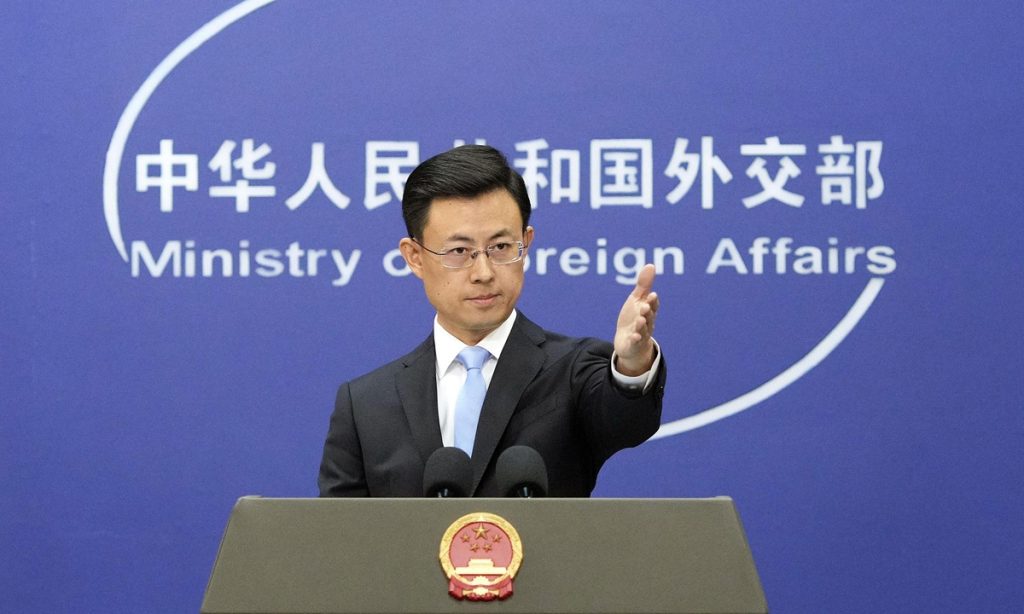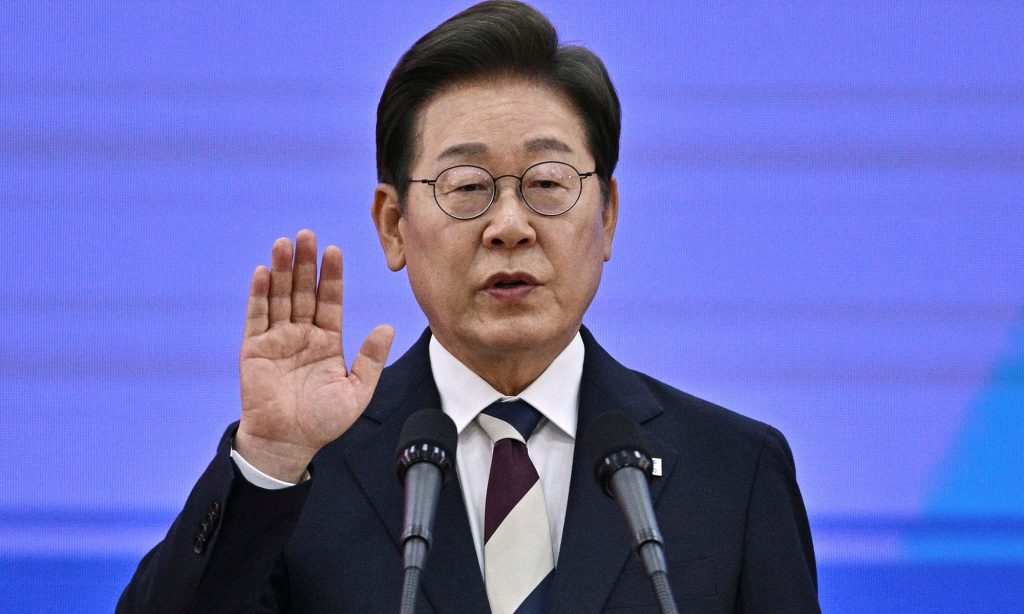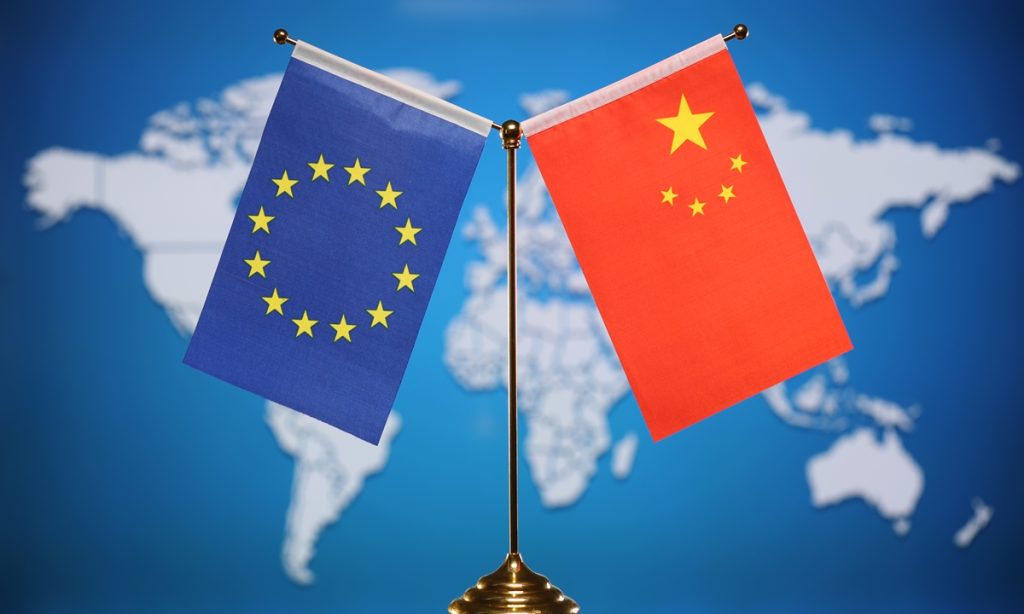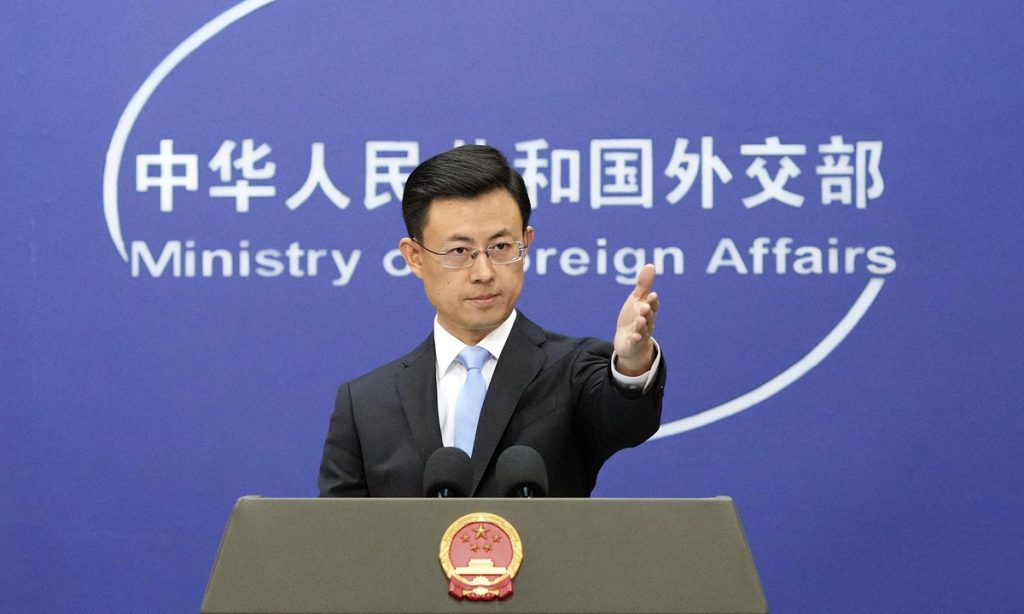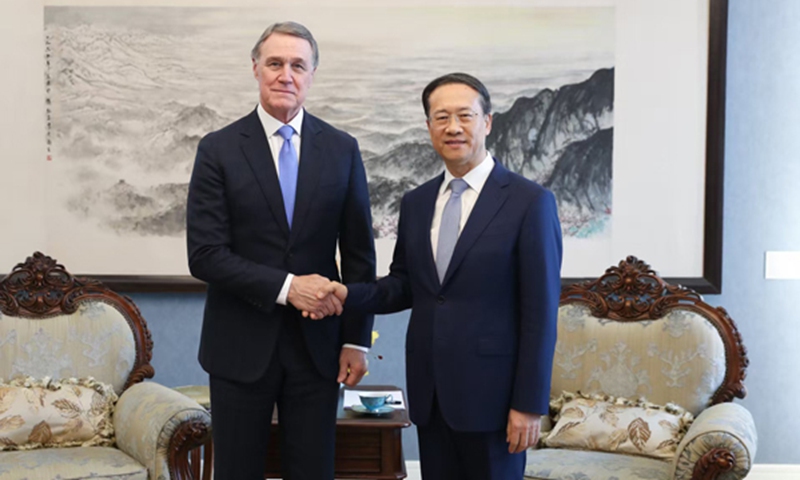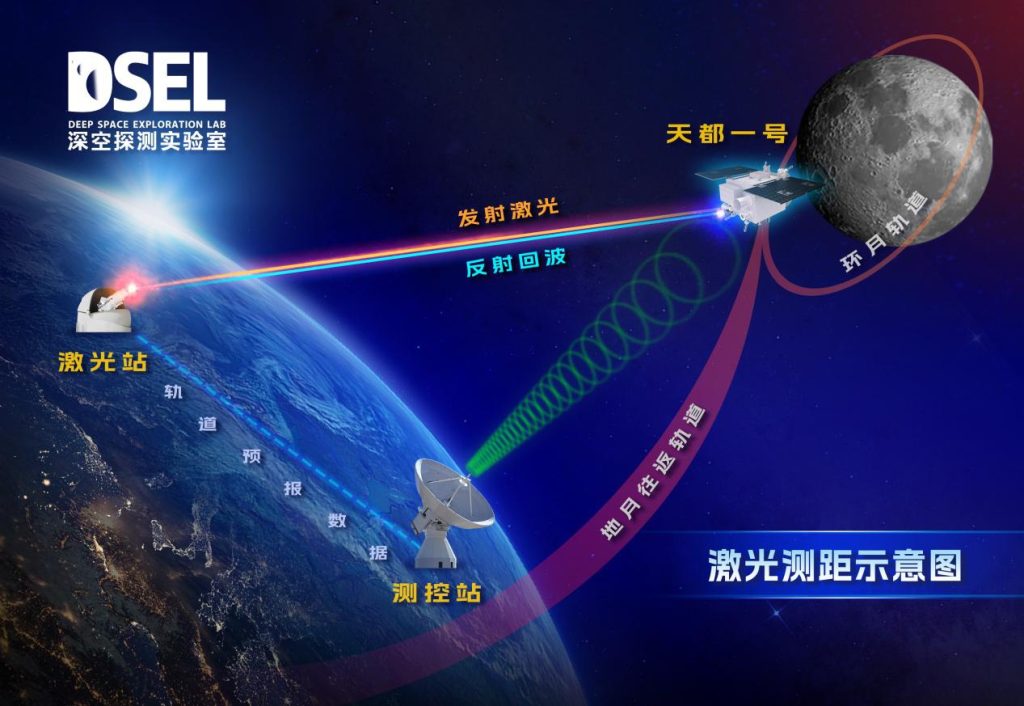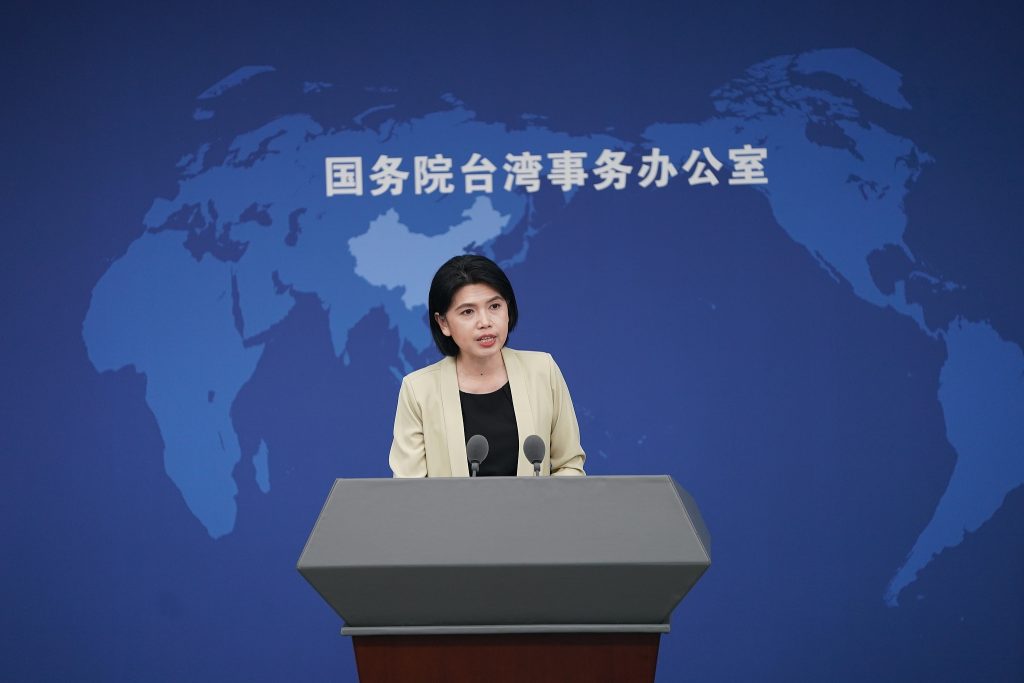Chinese President Xi Jinping on Thursday published a signed article titled "Together We Strive, Together We Thrive: Toward a Stable and Sustainable China-Cambodia Community with a Shared Future in the New Era" in Cambodian media outlets Khmer Times, Jian Hua Daily and Fresh News ahead of his arrival in Cambodia for a state visit.
The following is the full text of the article:
Together We Strive, Together We Thrive: Toward a Stable and Sustainable China-Cambodia Community with a Shared Future in the New Era
H.E. Xi Jinping
President of the People's Republic of China
For Cambodian press
I am very happy to visit Cambodia on the occasion of the Khmer New Year. For me, it feels like going to the home of a good friend. I wish to extend my warmest New Year greetings to our brothers and sisters in Cambodia. This is my second visit to your country in nine years. I sincerely hope this visit will spearhead progress in building a China-Cambodia community with a shared future.
Our community with a shared future is deeply rooted in the historic legacy of good-neighborly relations. Thanks to our geographical proximity, our friendly exchange spans two millennia of our shared history. During China's Tang Dynasty, members of Chenla's royal family visited China's then capital city of Chang'an, where they were warmly received as Binhan, meaning "guest of honor." In the following centuries, the ties between the two nations grew ever stronger and closer. Chinese ceramics and lacquerware were shipped to Cambodia via the Maritime Silk Road, while Cambodian spices, raw silk and other specialty products were highly popular among Chinese people, as evidenced by the Bayon Temple bas-reliefs, which capture the vibrant trade that flourished between the two countries in history. Many renowned Cambodian monks travelled to China to spread Buddhist teachings and scriptures. The Customs of Cambodia, a book written by Chinese diplomat Zhou Daguan of the Yuan Dynasty, is an important literature for studies of Cambodian history. The great Chinese and Khmer civilizations have flourished together, inspiring each other through centuries.
Our community with a shared future is defined by our mutual commitment to friendship and righteousness. The friendship was forged by His Majesty Samdech Preah Norodom Sihanouk and Chairman Mao Zedong, Premier Zhou Enlai, among the elder generations of Chinese leaders. Seventy years ago, His Majesty Samdech Preah Sihanouk and Premier Zhou met at the Bandung Conference and immediately bonded like old friends. Defying all odds, Cambodia established diplomatic relations with the People's Republic of China in 1958. China stood steadfastly with Cambodia in its just struggle against foreign invasion and for national sovereignty and independence. Together, the two countries have shared the rough times and the smooth and consistently supported each other in times of need. His Majesty Samdech Preah Sihanouk lived in China for nearly 40 years, embracing China as his home away from home. He had written and composed many songs in tribute to the China-Cambodia friendship, such as Nostalgia of China. His songs are still widely sung today. His Majesty King Norodom Sihamoni and Her Majesty Queen Mother Norodom Monineath Sihanouk visit China almost every year. We have met many times, sharing warm conversations about our families and life. In 2020, I presented Her Majesty Queen Mother Norodom Monineath Sihanouk with the Friendship Medal of the People's Republic of China. This deeply meaningful medal embodies the profound friendship of the Chinese people toward the people of Cambodia. Upon the outbreak of COVID-19, the pandemic of the century, the then Prime Minister Samdech Techo Hun Sen braved the snow and wind to visit Beijing. China dispatched medical teams to provide emergency assistance to Cambodia. The two countries provided each other with a large amount of medical supplies. In the face of complex regional and international developments, we support each other in safeguarding our respective core interests, and work together to uphold international fairness and justice. Our two nations have forged an ironclad friendship.
Our community with a shared future is powered by equality and mutual benefit. For many years, China has been Cambodia's largest trading partner and largest source of investment, and our industrial and supply chain cooperation has continued to deepen. Thanks to the China-Cambodia free trade agreement, premium agricultural products from Cambodia, including banana, mango and longan, are finding their way into Chinese households. The Sihanoukville Special Economic Zone, developed through China-Cambodia cooperation, has drawn more than 200 international companies to establish operations, laying a solid groundwork for Cambodia's industrial modernization. China-supported infrastructure projects, such as Cambodia's first expressway, first viaduct across a river valley, largest power plant and largest stadium, have brought the Cambodian people tangible benefits and strongly bolstered the long-term development of the country. Chinese experts have helped formulate Cambodia's modern agricultural development plans on the basis of their extensive field trips in the country. The China-Cambodia Diamond Hexagon cooperation has boosted Cambodia's development.
Our community with a shared future is founded upon inclusiveness and mutual learning. Over the past 30 years, China has sent many experts across diverse fields -- including archaeology, geological exploration, cultural heritage, history, architecture and the arts -- who have dedicated themselves to the restoration of Chau Say Tevoda Temple, Ta Keo Temple and the ancient Royal Palace of Angkor. They have helped bring renewed splendor to the Angkor legacy, a gem of human civilizations. More and more Chinese tourists are travelling to Cambodia to experience its rich history and culture while more and more Cambodian friends are learning Chinese to better appreciate the charm of the time-honored Chinese civilization and understand Chinese modernization. Over the years, with Chinese assistance, a number of friendship roads have been built and clean water-pumping wells drilled to improve the well-being of local people. The project of the China-Cambodia Friendship Poverty Alleviation Demonstration Village is completed. Thanks to the treatment by traditional Chinese medicine teams, a hearing-impaired girl articulated "Mama" for the first time, and a wheelchair user got back on his feet.
For nearly half a century, Asia has enjoyed overall peace and stability and rapid economic growth, creating the Asian miracle in the history of global development. As changes unseen in a century accelerate, Asia now stands at a new starting point of collective rise. Consistently following the principle of amity, sincerity, mutual benefit and inclusiveness and the policy of developing friendship and partnership with neighboring countries, China will deepen friendship and cooperation with them, extend the benefits of Chinese modernization to them, and work with them to jointly uphold regional peace and stability and to advance modernization in Asia.
As important members of the big Asian family, China and Cambodia must ride the tide of history and heed our people's aspirations. We must strive together and thrive together. We must act as pioneers and pacesetters in translating the Global Development Initiative, the Global Security Initiative and the Global Civilization Initiative from vision into reality. We must work together to promote the steady and sustained progress in building the China-Cambodia community with a shared future in the new era.
-- Let us bring our mutual political trust to a higher level. We should maintain frequent high-level exchanges and draw up a strategic blueprint for the China-Cambodia community with a shared future in the new era. China firmly supports Cambodia in independently choosing a development path that suits its own conditions, in safeguarding its national sovereignty, independence and territorial integrity, and in playing a greater role on the international stage. To jointly safeguard our political security, we should strengthen communication on matters of strategic importance such as foreign policy and national defense, and resolutely oppose any attempts by external forces to interfere in our internal affairs, sow discord or undermine China-Cambodia friendship.
-- Let us expand our mutually beneficial cooperation of higher quality. We must prioritize development and keep people at the center. To advance modernization in both countries, we should maximize the role of the China-Cambodia Intergovernmental Coordination Committee, forge greater synergy between the Belt and Road Initiative and the Pentagonal Strategy, and advance the development of the Industrial and Technological Corridor and the Fish and Rice Corridor. We should also jointly safeguard the multilateral trading system, advance industrial and supply chain cooperation, enhance cooperation in advanced manufacturing, green development, digital economy and other areas, and make the Diamond Hexagon cooperation shine better and stronger.
-- Let us work together to ensure greater security. To foster a secure environment for our respective development, we should strengthen exchange and cooperation in combating external interference and separatist activities. We must guard against and resist "color revolutions," strengthen joint exercises and training, emergency management and security cooperation on major Belt and Road projects, and crack down on telecom and cyber fraud and other criminal activities. We must stay committed to the vision of common, comprehensive, cooperative and sustainable security, build consensus on security concepts and approaches, and jointly promote peace and tranquility in the region and the world at large.
-- Let us have more frequent people-to-people exchanges. We should uphold solidarity and harmony, have more cultural dialogues, increase experience sharing on state governance, expand diverse forms of cooperation in areas of culture, tourism, youth exchange and protection and restoration of cultural heritages, and promote people-to-people connectivity. We must champion the Asian values and humanity's common values.
-- Let us strengthen strategic coordination of higher standards. We should draw wisdom from the Five Principles of Peaceful Coexistence and the Bandung Spirit, move faster to build a community with a shared future of peace and prosperity among Lancang-Mekong countries, and work together toward a peaceful, safe and secure, prosperous, beautiful, amicable and harmonious Asian home. Together we must stand against hegemonism, power politics and camp-based confrontation, and defend the shared interests of our two countries and other developing countries. We should advocate an equal and orderly multipolar world and a universally beneficial and inclusive economic globalization, endeavor to safeguard world peace and stability and international fairness and justice, jointly oppose protectionism, and defend an international environment of openness and cooperation.
As a Chinese verse goes, "True friendship, like refined gold, withstands all tests of time." I firmly believe that with our joint efforts, the China-Cambodia ironclad friendship, which has been tempered through trials of time and storms of adversity, will stay true to its original purpose. China will work with Cambodia to safeguard peace, pursue development and achieve shared prosperity, to make solid progress in building the China-Cambodia community with a shared future in the new era, and to bring greater stability and certainty to this turbulent world.
